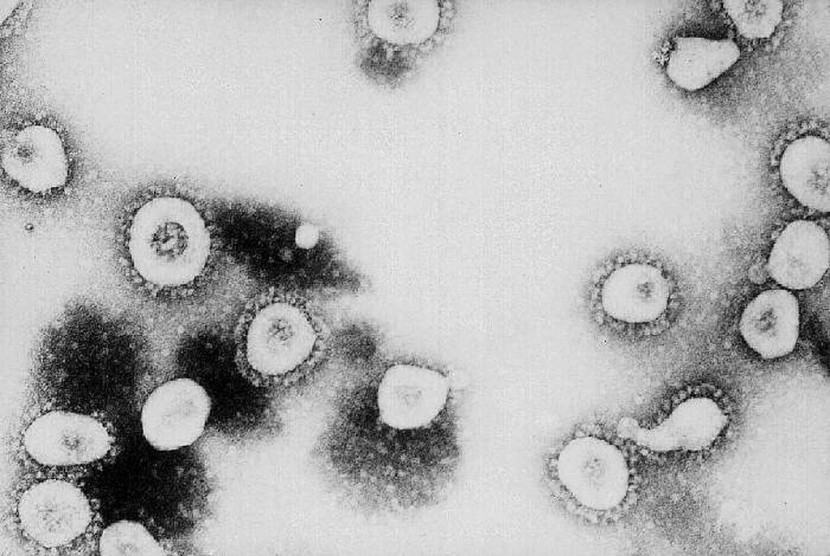
The coronavirus pandemic has made the term antibodies a household term, many people believe that it could carry the answer to end this pandemic. However, after data on the COVID-19 vaccine has been released, another immune player has entered the spotlight -the T-cells.
Several biotech firms who are currently among those racing for the development of the vaccine have noticed the presence of T-cells in the majority of the recipients for the trial vaccine. China's CanSino, AstraZeneca, Pfizer Inc., and its partner BioNtech SE has stated that the said white blood cells have been observed as the trial vaccines yield promising results, Bloomberg reported.
The attention that the T-cells are ow getting serves as a reminder that the body does not only rely on one defense weapon. Moreover, it also reveals that there are still a lot of things about COVID-19 that needs to be studied, especially the immune system's response to it.
It has also been unveiled that the antibodies which have been the focus of most studies do not stay long in the body. The University of Queensland, Brisbane associate professor of medicine, Paul Griffin stated that antibodies are only a small part of a wider picture. However, he also pointed out that despite the numerous studies there is no full understanding yet of how immunity works for the human body infected with SARS-CoV-2.
According to studies, the antibodies in patients have shown to wane quickly, thus, it may not give the lasting immunity that experts have been hoping for.
Read also: North Korea Joins Race to Vaccine Despite Claiming to be 'Totally Free' of COVID-19
The Cavalry
Meanwhile, as the antibodies easily wane, T cells have shown great promise. As the body's first antibody soldiers start to leave the battlefield, T cells act as the cavalry.
T cells have been observed to be able to remember the disease even for decades, can kill virus-infected cells, and can also trigger the production of new antibodies. History has even shown how effective T cells are back during the SARS outbreak of 2003 when people infected by the SARS-CoV still exhibited T cell response after 17 years.
In one of the studies, it was found that some patients who did not exhibit any symptoms and did not have detectable antibodies had T cells that recognized the virus. While another study also pointed out that some people who have not even encountered SARS-CoV-2 had a level of immunity which may be because of previous exposure to over coronaviruses, Business Mirror reported.
In addition, QIMR Berghofer Medical Research Institute in Brisbane's head of translational and human immunology, Corey Smith stated that while the antibodies' presence ae relatively short, it does not mean that the immune response wanes, thanks to the presence of T cells.
Helper T cells along with memory T and B cells rouse antibodies to respond to infections before severe symptoms happen. Smith also said that like other coronaviruses, SARS-CoV-2 may be able to evade antibodies. But cellular immunity brought by T cells may be able to dampen such symptoms.
Related article: COVID-19 Symptoms: Mouth Rash Observed in 29% of COVID-19 Patients from Spain








